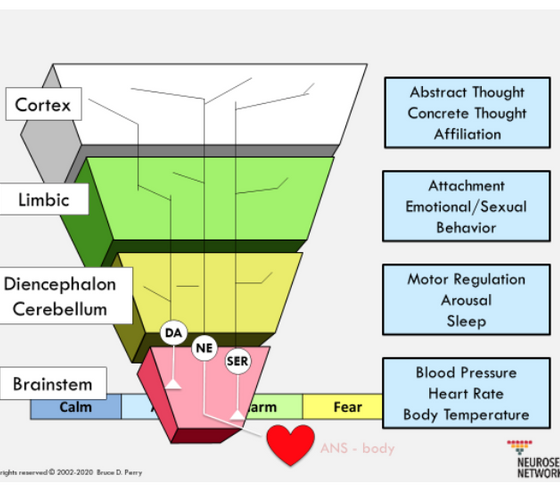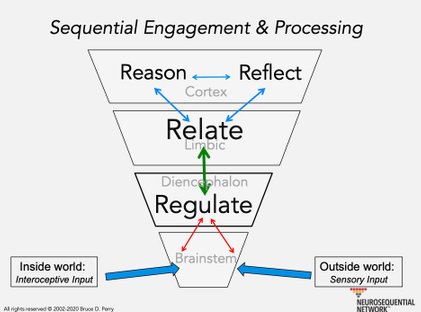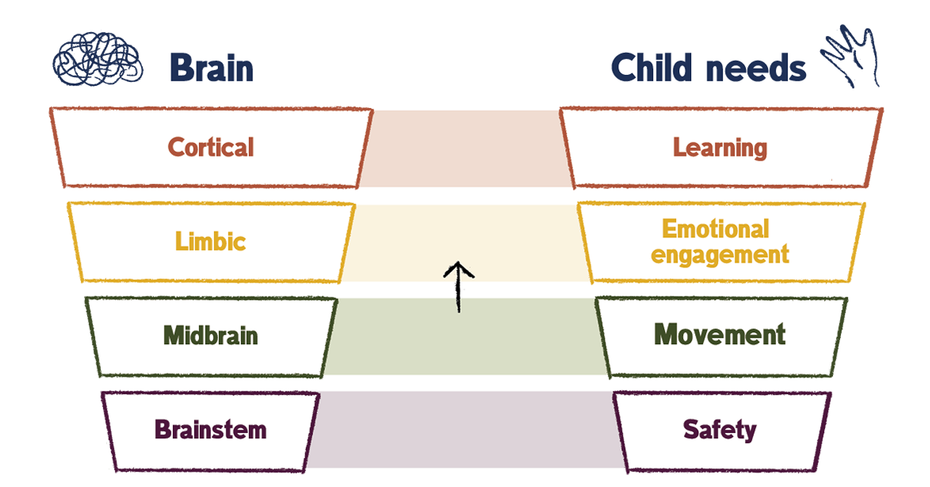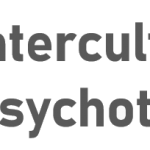For Schools
- Home
- For Schools
Is your child struggling in school?
Our clinic operates under the Neurosequential Model in Education (NME), which is a developmentally sensitive and biologically respectful approach that supports schools to meet the growing emotional needs of students.

NME Schools Programme
Over the last decade there has been increased focus on helping teachers understand how children’s brains develop and change. The NME is essentially a classroom-based approach that offers a programme of staff learning and development to help teachers deliver specific and timely interventions that are consistent with the sequence in which a child’s brain develops.
The NME schools program offers teachers the opportunity to understand how the biology of stress underpins the struggle some students face in being able to access learning. Teachers know that adverse childhood experiences profoundly impact on a child’s readiness for learning. The NME aims to provide teachers with:
- A new lens for understanding the emotional and behavioural difficulties of their students and how best to support them
- Specialist knowledge and skills relating to the impact of early adversity on how a child’s brain organises and functions
- A unique mini-brain map tool to help teachers Identify the different developmental ages of a child who is struggling
- Skills to create more optimal learning environments that better support self-regulation

The sequence of Engagement
The Neurosequential Model in Education (NME) is a classroom-based approach to support school staff and children to learn more about brain development and the impact of developmental trauma on a child’s ability to function in a classroom.
NME’s Sequence of Engagement is guided by the understanding that when the lower brain is not regulated, well-organized, and efficient the higher brain regions such as the cortex cannot function optimally. When students are dysregulated or upset, they have little access to the cortex’s logic, insight, and reason. Youth with complex trauma histories often struggle with poor behaviors related to low-brain dysregulation, particularly in the areas of sensory integration and self-regulation.
In traumatized kids, over-reactions to sounds and touch, hyperactivity, or an inability to smoothly change activities and make transitions are all common behaviors. The NME helps us recognize these behaviors for what they are: the result of the child’s low-brain dysregulation and sensitized stress response system.

A huge opportunity to promote significant change in our schools
The Neurosequential Model in Education (NME) offers school staff new ways to understand students at a neurological level as well as how to help them learn more effectively (by introducing some of the sensoryinterventions earlier–from deep breathing, to rocking, and other forms of body movement- to help lower the heart rates of students, help them concentrate and cope.
We know that many teachers and administrators are struggling to manage their students with special needs. It is our hope that NME will be considered by all schools to help provide additional support for both staff and students. NME is not a specific therapeutic technique or intervention. It is an approach that integrates core principles of neurodevelopment and traumatology to inform work with children and schools.
The Neurosequential Approach has three components.
- Training/capacity building,
- Assessment,
- Specific recommendations for the selection and sequencing of therapeutic, educational, and enrichment activities that match the needs and strengths of the individual.
This clinical approach helps professionals determine the strengths and vulnerabilities of children and helps them create individualized intervention, enrichment, and educational plans to match each child’s unique needs. The goal is to find a set of therapeutic activities that meet the child’s current needs in various domains of functioning (i.e. social, emotional, cognitive, and physical).
We are truly excited by the potential of NME and feel privileged that Multicultural Psychotherapy is a part of this new movement in schools.
We believe teachers are the artists of their own classrooms. The NME is not a new model of education but a trauma-informed approach that can be organically infused into education.


